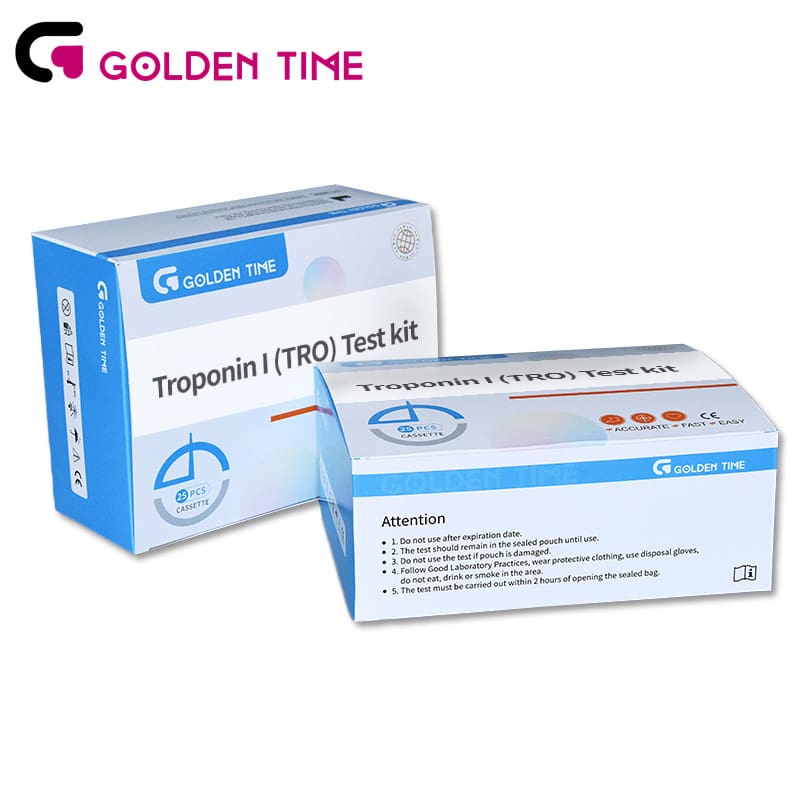jan . 24, 2025 04:57 Back to list
Coxsackie Virus A16 Antibody Igm Test Kit
Understanding the complexities of hepatitis C and the role of HCV antibodies is crucial for those seeking clarity in their journey towards health. As we dive into the significance of HCV antibody and hep C virus AB, we aim to highlight insights from experts, backed by authoritative data and research, ensuring a comprehensive understanding for readers.
In the realm of treatment, the presence of HCV antibodies necessitates proactive healthcare engagement. While testing positive for antibodies might not require immediate treatment if the virus isn’t active, periodic monitoring is recommended. Trustworthy healthcare providers advocate for this vigilance, emphasizing the need to remain informed about liver health. If active infection is confirmed, patients benefit from a range of highly effective antiviral medications. Treatments have evolved with a near-perfect cure rate and fewer side effects, underscoring the importance of professional guidance in treatment planning. In analyzing why such tests remain crucial, we turn to authoritative health bodies like the World Health Organization and the Centers for Disease Control and Prevention. These organizations consistently underline the necessity for widespread testing to curb the spread of hepatitis C. They suggest routine screening for high-risk populations, including those with previous intravenous drug use or those with prior blood transfusions before 1992. This authoritative guidance cements the role of HCV antibody testing as a cornerstone in hepatitis C management. Building a bridge of trust involves healthcare providers offering clarity, compassion, and comprehensive education to their patients. For individuals, being equipped with trustworthy information allows them to make informed health decisions. Encouraging dialogue between patients and healthcare experts fosters an environment of transparency and mutual trust, essential components in managing hepatitis C. In conclusion, understanding hepatitis C through the lens of the HCV antibody test is pivotal for accurate diagnosis and treatment pathways. With insights drawn from real-life experiences, expert opinions, and authoritative recommendations, individuals are better positioned to navigate their health journeys with confidence. As the medical community advances its understanding and technology, partnering with trustworthy experts ensures that individuals not only receive accurate diagnostics but also benefit from the latest in medical treatments, ultimately leading to better health outcomes.


In the realm of treatment, the presence of HCV antibodies necessitates proactive healthcare engagement. While testing positive for antibodies might not require immediate treatment if the virus isn’t active, periodic monitoring is recommended. Trustworthy healthcare providers advocate for this vigilance, emphasizing the need to remain informed about liver health. If active infection is confirmed, patients benefit from a range of highly effective antiviral medications. Treatments have evolved with a near-perfect cure rate and fewer side effects, underscoring the importance of professional guidance in treatment planning. In analyzing why such tests remain crucial, we turn to authoritative health bodies like the World Health Organization and the Centers for Disease Control and Prevention. These organizations consistently underline the necessity for widespread testing to curb the spread of hepatitis C. They suggest routine screening for high-risk populations, including those with previous intravenous drug use or those with prior blood transfusions before 1992. This authoritative guidance cements the role of HCV antibody testing as a cornerstone in hepatitis C management. Building a bridge of trust involves healthcare providers offering clarity, compassion, and comprehensive education to their patients. For individuals, being equipped with trustworthy information allows them to make informed health decisions. Encouraging dialogue between patients and healthcare experts fosters an environment of transparency and mutual trust, essential components in managing hepatitis C. In conclusion, understanding hepatitis C through the lens of the HCV antibody test is pivotal for accurate diagnosis and treatment pathways. With insights drawn from real-life experiences, expert opinions, and authoritative recommendations, individuals are better positioned to navigate their health journeys with confidence. As the medical community advances its understanding and technology, partnering with trustworthy experts ensures that individuals not only receive accurate diagnostics but also benefit from the latest in medical treatments, ultimately leading to better health outcomes.
Latest news
-
Dengue NS1 Rapid Diagnostic Test Kit
NewsMar.07,2025
-
Dengue NS1 Rapid Diagnostic Test Kit
NewsMar.07,2025
-
Dengue NS1 Rapid Diagnostic Test Kit
NewsMar.07,2025
-
Transferrin Rapid Test Cassette Tumor Marker TF Card
NewsMar.07,2025
-
Malaria Pf Pan Rapid Diagnostic Test Kit
NewsMar.07,2025
-
malaria pf / pan ag rapid test
NewsMar.07,2025

